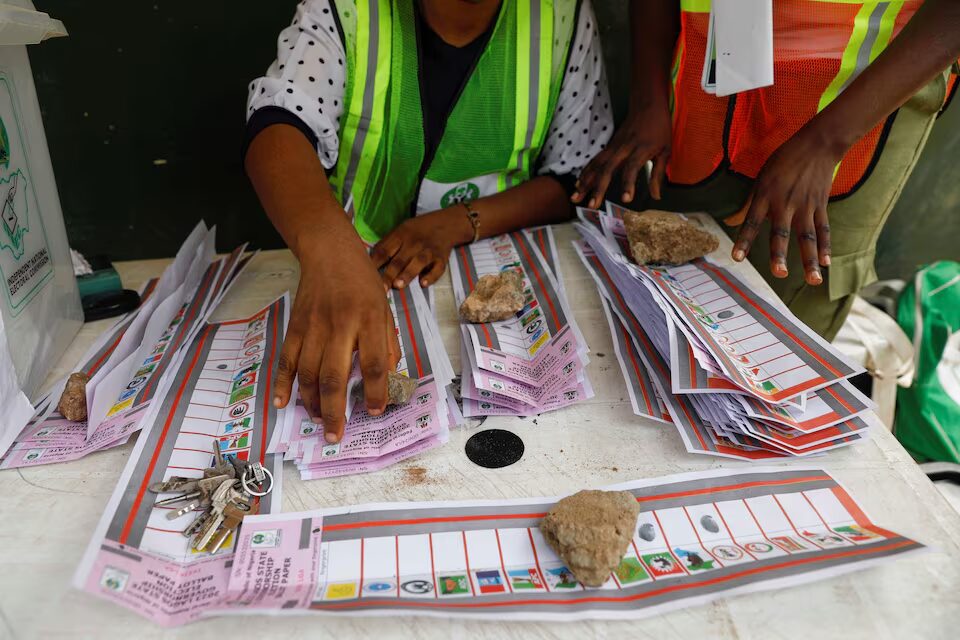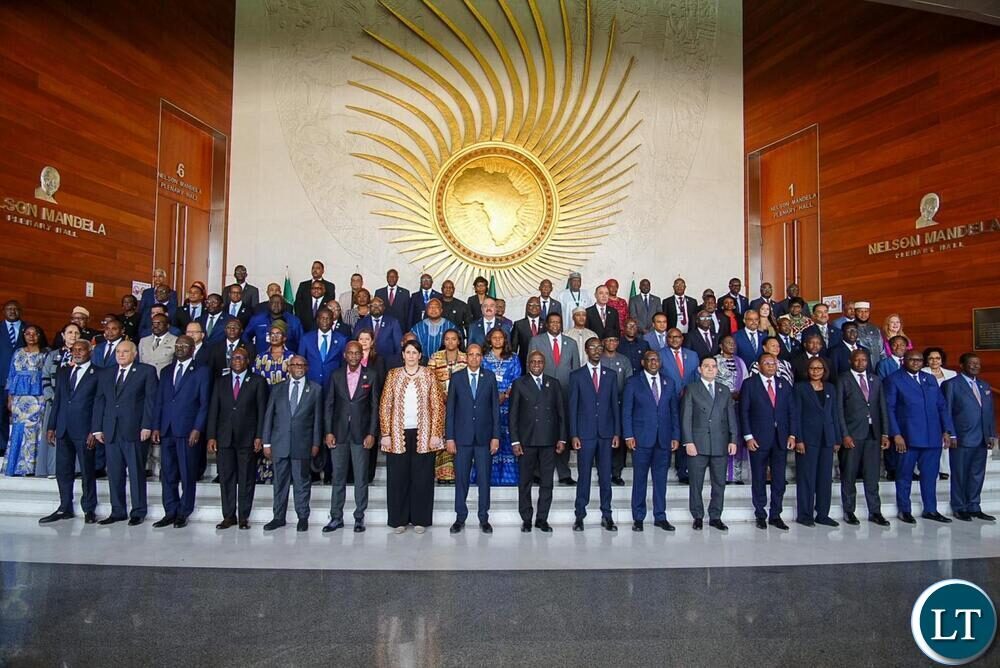
Monday 14th July 2025

By inAfrika Reporter
Climate change is hitting Africa hard, and West Africa is among the most vulnerable regions on the continent. Countries like Burkina Faso, Senegal, and Côte d’Ivoire rank among the lowest on the ND-GAIN index, signaling both high exposure to climate hazards and limited adaptive capacity. In these countries, the brunt of climate change is felt by the most vulnerable especially women and young people through extreme weather, deepening food insecurity, and worsening poverty.
To address these growing challenges, the Union of Economic and Social Councils and Similar Institutions of Africa (UCESA), with the support of the African Development Bank, has developed national advocacy papers in each of the three countries. These advocacy efforts aim to bring citizen voices to the forefront of climate governance, ensuring that public policies reflect the lived realities of communities on the front lines of climate disruption. According to Arona Soumare of the African Development Bank, these initiatives reaffirm the Bank’s commitment to inclusive and locally grounded climate governance.
In Burkina Faso, one of the most climate-sensitive countries in the Sahel belt, the national advocacy paper emphasizes resilience rooted in community experience. Citizens, especially women and youth, were consulted in shaping the document’s direction, leading to a set of policy recommendations that prioritize grassroots adaptation strategies. The Economic and Social Council of Burkina Faso, with support from UCESA, is using this framework to drive a shift toward community-centered, participatory climate solutions.
Côte d’Ivoire’s advocacy paper highlights the importance of involving women and rural communities, who are often left out of climate discussions. Through broad public consultations, the document captures community expectations and offers targeted recommendations to improve equity in climate decision-making. Civil society, which has historically played a marginal role in shaping environmental policy in Côte d’Ivoire, is now being recognized as a key stakeholder in climate resilience.
Meanwhile, Senegal’s national advocacy effort draws from a comprehensive citizen perception survey to guide its priorities. The country is already grappling with serious climate effects, and the Economic, Social and Environmental Council has worked closely with UCESA and the African Development Bank to anchor future policies in public opinion and local knowledge. Their campaign calls for collaborative climate strategies driven by a coalition of civil society, NGOs, academics, and policymakers.
These national initiatives are part of a broader regional strategy coordinated by UCESA. The advocacy papers showcase how regional cooperation can translate citizen input into institutional mechanisms that work. According to Abdelkader Amara, President of Morocco’s CESE and head of UCESA, the initiative seeks to integrate sustainability and resilience into how countries design and evaluate their climate policies.
The collaboration between UCESA and the African Development Bank reflects a shared understanding that successful climate action must go beyond top-down solutions. It must build from the ground up, incorporating the knowledge, priorities, and voices of those most affected. These advocacy efforts are re-establishing the Economic and Social Councils as a vital bridge between communities and public authorities. By embracing participatory governance, West Africa is laying the foundation for climate strategies that are not only effective, but inclusive and enduring.


